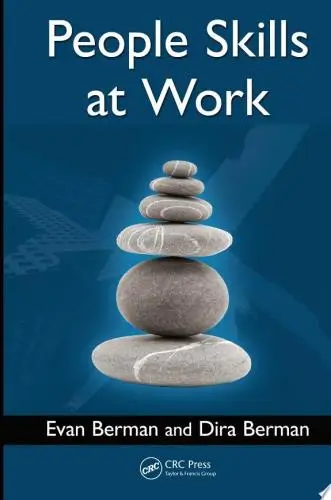People Skills at Work
What's it about?
People Skills at Work by Evan Berman offers practical insights to enhance your interpersonal effectiveness in the workplace. You will explore essential communication techniques, learn the art of active listening, and discover strategies to build stronger relationships with colleagues. The book emphasizes the importance of empathy and collaboration, equipping you with tools to navigate diverse work environments. By applying these principles, you can foster a more positive and productive workplace culture, ultimately benefiting both you and your team.
About the Author
Evan Berman is a distinguished author known for his insightful exploration of public administration and policy analysis. His work often emphasizes practical applications and ethical considerations, blending empirical research with theoretical insights. Berman's writing is characterized by clarity and depth, offering valuable perspectives on governance and organizational effectiveness.
30 Key Ideas of People Skills at Work
The Power of Thoughtful Listening
Effective communication starts with truly listening to understand, not just to respond.
Imagine a meeting where you felt unheard and sidelined; compare it to one where your thoughts were acknowledged, and how that respect transformed collaboration.
- When others feel heard, trust builds naturally.
- Active listening helps uncover and address miscommunications before they snowball.
- Those who listen well are often seen as more competent and persuasive leaders.
Commit to one conversation today where you practice: listen intently without interrupting for at least five minutes.
Avoid jumping to conclusions or planning your response halfway through the conversation—stay fully present instead.
Mastering the Art of Empathetic Feedback
Feedback should be a dialogue, not a monologue, promoting growth and understanding through empathy.
Remember when a harsh critique left you deflated? Recall how a balanced, empathetic feedback session uplifted and motivated you to improve.
- Constructive feedback supports and guides improvement.
- Empathy in feedback encourages honest dialogues and trust.
- Understanding and kindness minimize resistance to suggestions.
The next time you need to provide feedback, use the 'SBI model'—Situation, Behavior, Impact—to keep it focused and empathetic.
Avoid sugarcoating; being overly vague or indirect can muddle the message rather than clarify it.
The Influence of Emotional Intelligence (EQ)
High emotional intelligence allows you to navigate the complexities of work relationships with grace and effectiveness.
Reflect on the colleague who remains calm in crisis; their ability to manage emotions exemplifies strong EQ, earning respect and trust.
- Leaders with high EQ inspire and unify teams better.
- Understanding emotional cues aids in de-escalating tensions.
- Awareness of one's emotions enables quick adaptation to changes.
Today, observe your emotional responses to challenging situations and identify triggers to manage them proactively.
Don’t mistake EQ for suppressing emotion; it's about recognizing and managing emotions, not ignoring them.
Deeper knowledge. Personal growth. Unlocked.
Unlock this book's key ideas and 15M+ more. Learn with quick, impactful summaries.
Read Full SummarySign up and read for free!
People Skills at Work Summary: Common Questions
We recommend People Skills at Work to professionals at all levels who want to boost their emotional intelligence and improve team dynamics, as well as managers looking to foster a positive work environment and enhance their leadership effectiveness.
Experience Personalized Book Summaries, Today!
Discover a new way to gain knowledge, and save time.
Sign up for our 7-day trial now.
No Credit Card Needed

Similar Books

People Skills
Neil Thompson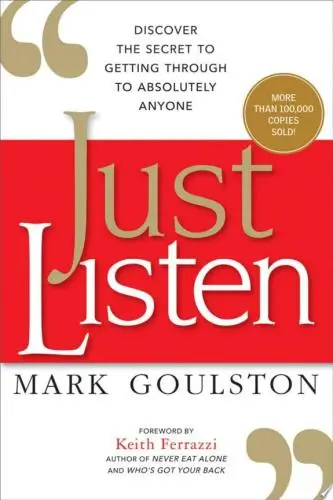
Just Listen
Mark Goulston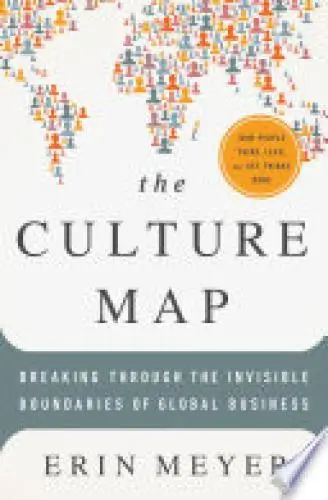
The Culture Map
Erin Meyer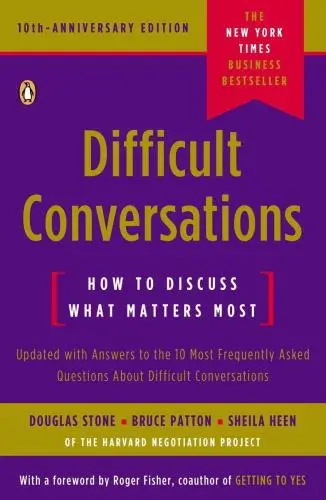
Difficult Conversations
Douglas Stone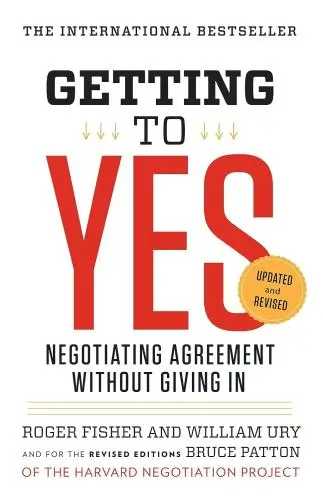
Getting to Yes
Roger Fisher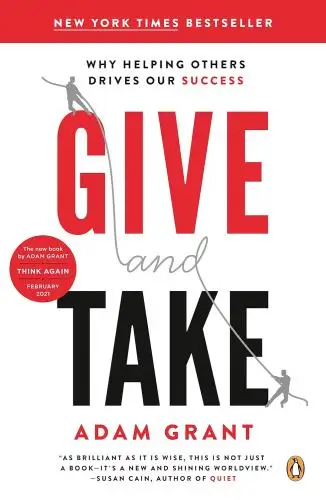
Give and Take
Adam Grant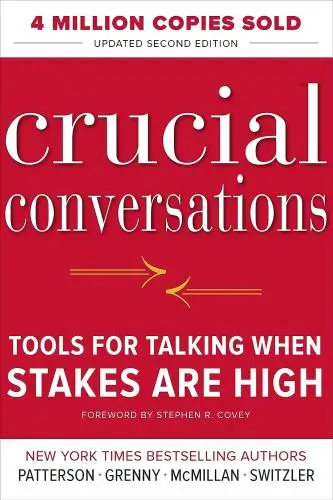
Crucial Conversations
Kerry Patterson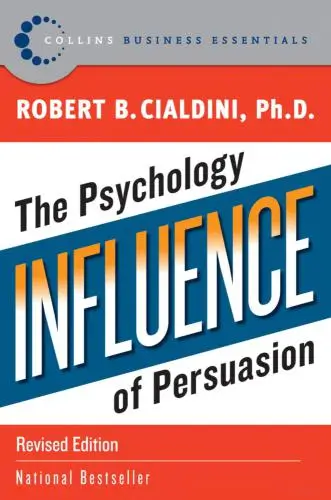
Influence
Robert B. Cialdini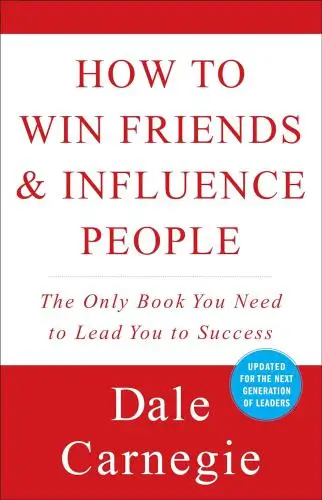
How to Win Friends & Influence People
Dale Carnegie
Never Split the Difference
Chris VossTrending Summaries

Peak
Anders Ericsson
Never Split the Difference
Chris Voss
Smart Brevity
Jim VandeHei
The Psychology of Money
Morgan Housel
The First 90 Days
Michael D. Watkins
Atomic Habits
James Clear
Thinking, Fast and Slow
Daniel Kahneman
The Body Keeps the Score
Bessel van der Kolk M.D.
The Power of Regret
Daniel H. Pink
The Compound Effect
Darren HardyNew Books

Forex Trading QuickStart Guide
Troy Noonan
Comprehensive Casebook of Cognitive Therapy
Frank M. Dattilio
The White Night of St. Petersburg
Michel (Prince of Greece)
Demystifying Climate Models
Andrew Gettelman
The Hobbit
J.R.R. Tolkien
The Decision Book
Mikael Krogerus
The Decision Book: 50 Models for Strategic Thinking
Mikael Krogerus
Fichte
Johann Gottlieb Fichte
Do No Harm
Henry Marsh
